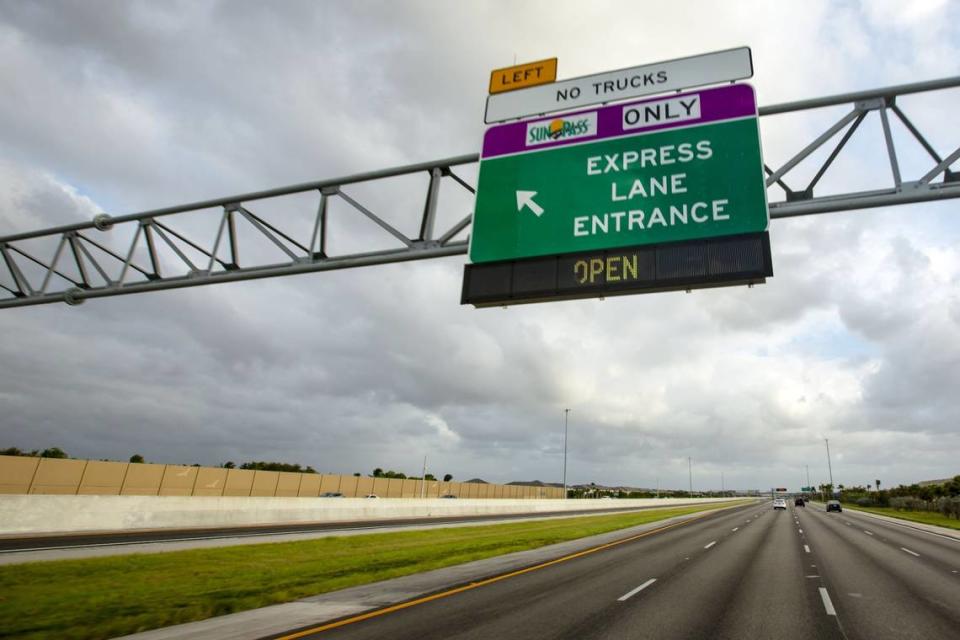Jun. 25—BEMIDJI — Creating a framework for regulating recreational cannabis was the main topic during the
Bemidji City Council’s
meeting Monday evening.
The discussion focused on complying with state laws in response to recent legislative changes in Minnesota while safeguarding the interests of the local community.
Initially discussed during a meeting on
June 26, 2023,
the council resolved to postpone any decisions to future sessions. During that time, there have been quite a few legislative changes in the state in regard to cannabis.
According to City Attorney Katie Nolting, the latest legislative session brought about several notable changes:
* Transition to lottery system: The statewide regulatory framework has been modified to implement a lottery system for awarding cannabis licenses.
* Preapproval for social equity applicants: Starting June 24, the Office of Cannabis Management has initiated a preapproval process for social equity applicants. This process will close on Aug. 12.
* Exemptions for municipal cannabis retailers: Municipal cannabis retailers meeting minimum requirements will not participate in the lottery system but will receive a retail license, which does not count against the authorized number.
* Commencement of cultivation: Preapproved businesses will be permitted to commence cannabis cultivation provided they adhere to local zoning, fire and building codes.
The council is considering an emergency interim zoning ordinance to impose a moratorium — a temporary suspension — on cannabis businesses until Jan. 1, 2025. This moratorium would provide the city with time to conduct necessary studies and develop comprehensive planning and zoning regulations.
Nolting emphasized that this pause would allow the city to ensure Bemidji’s regulations are consistent with state standards. The moratorium would cover all aspects of cannabis business operations, including cultivation, manufacturing and retail.
“My legal advice would be to enact the moratorium,” Nolting said. “That way, we can have the discussions, we can do the research.”
Key considerations for the council include the following:
* Registration and compliance: The council is deliberating whether to require cannabis retailers to register with the city. Registration would enable the city to limit the number of licenses, collect fees and conduct compliance checks. This decision is imperative for maintaining oversight and ensuring public safety.
* City-owned retail establishment: Another option under consideration is the establishment of a city-owned cannabis retail store. The legislation allows municipalities to apply for a retail license outside the lottery system, potentially providing Bemidji with an additional revenue stream and greater control over retail operations.
* Operating hours and public consumption: The council is also discussing potential restrictions on sales during certain hours and prohibiting public consumption of cannabis in parks, near schools and places where children frequent. These proposed measures aim to balance legalization with community standards and public safety concerns.
At-Large Councilor Audrey Thayer inquired about the definition of a social equity applicant and its relation to planning and zoning. Ward 1 Councilor Gwenia Fiskevold Gould explained that social equity applicants are individuals affected by previous cannabis-related convictions, with specific criteria defined by the OCM.
Mayor Jorge Prince highlighted concerns about cannabis use in public spaces.
“I have seen a significant number of complaints directed toward me personally as it relates to use in parks,” Prince said. “Clear regulations are essential to address these concerns and ensure public spaces remain safe and accessible for everyone.”
Josh Peterson, Ward 2 Councilor, expressed support for retailer registration, noting, “I am supportive of registration. I would limit the number of registrations we would accept but I also don’t think we should be involved in retail of cannabis.”
In his comments, Ward 5 Councilor Lynn Eaton voiced support for the moratorium.
“I’m in favor of the moratorium,” he said. “Get the ordinances straightened out and give us some time to catch our breath and stay on top of the matter.”
Meanwhile, Fiskevold Gould advocated for a shorter moratorium.
“When it comes to the moratorium, I would be interested in the shorter one, not necessarily January and looking at what we can realistically put in place,” she explained. “I don’t want any cannabis businesses coming in without us having the planning and zoning in place. But I also don’t want to potentially interrupt that market by having a long ordinance in place. This is going to be market that’s coming anyway.”
While no decisions were made on Monday, the city’s next step will be to draft the moratorium and plan for at least one public hearing to gather community feedback.
Bemidji City Manager Richard Spiczka stressed the importance of clear communication through this process and learning from other cities’ experiences.
“Even as we work through a potential moratorium, to meet some of the deadlines and timelines I’ve seen thrown out, we’re going to have to work towards an actual ordinance for the planning and zoning piece or we’re never going to touch the stuff unless we’re doing both at the same time,” he explained.
Tours of established cannabis facilities, such as those in White Earth, are planned to provide council members with first-hand insights into the industry’s operations and challenges.
Signup bonus from



